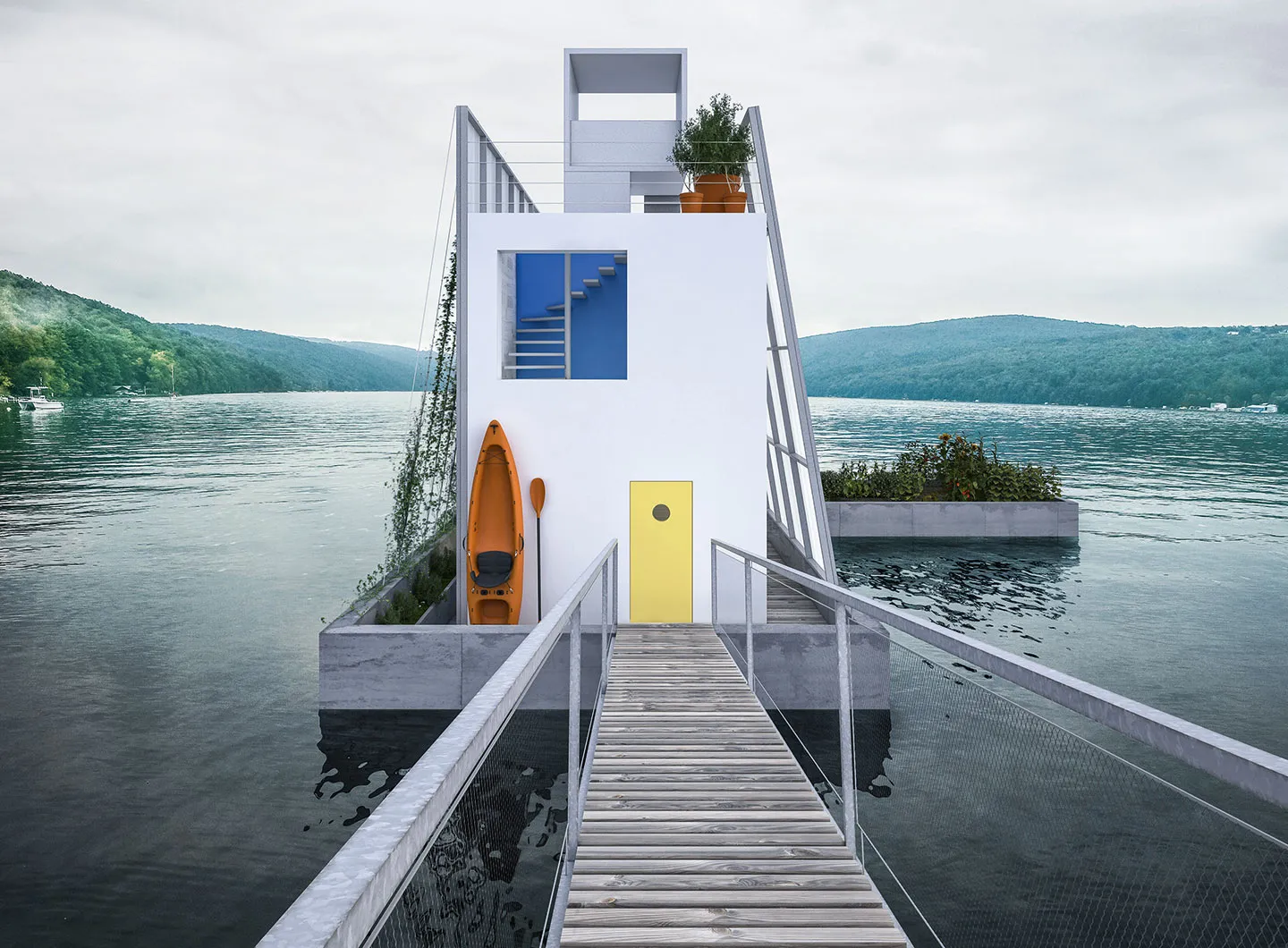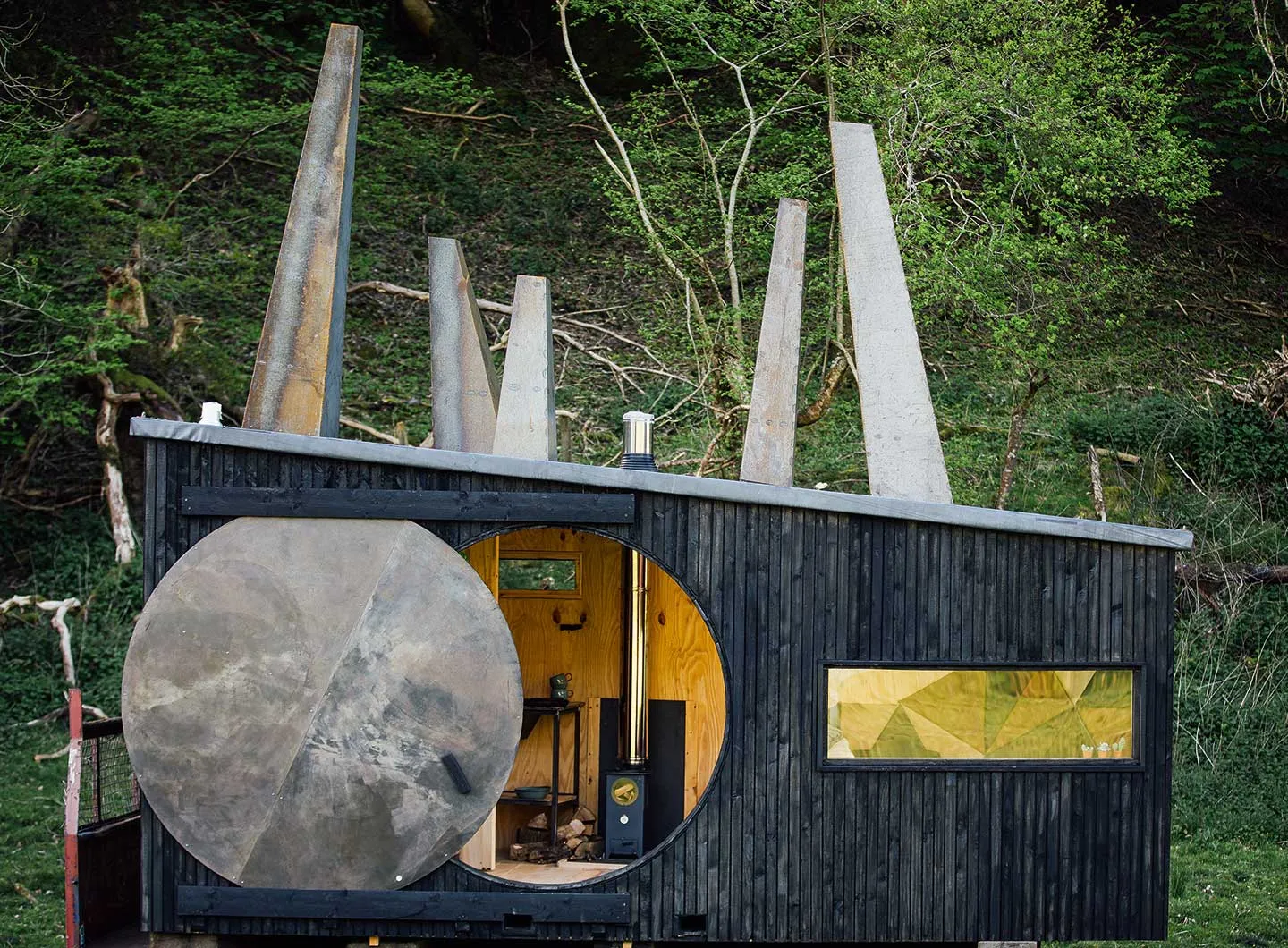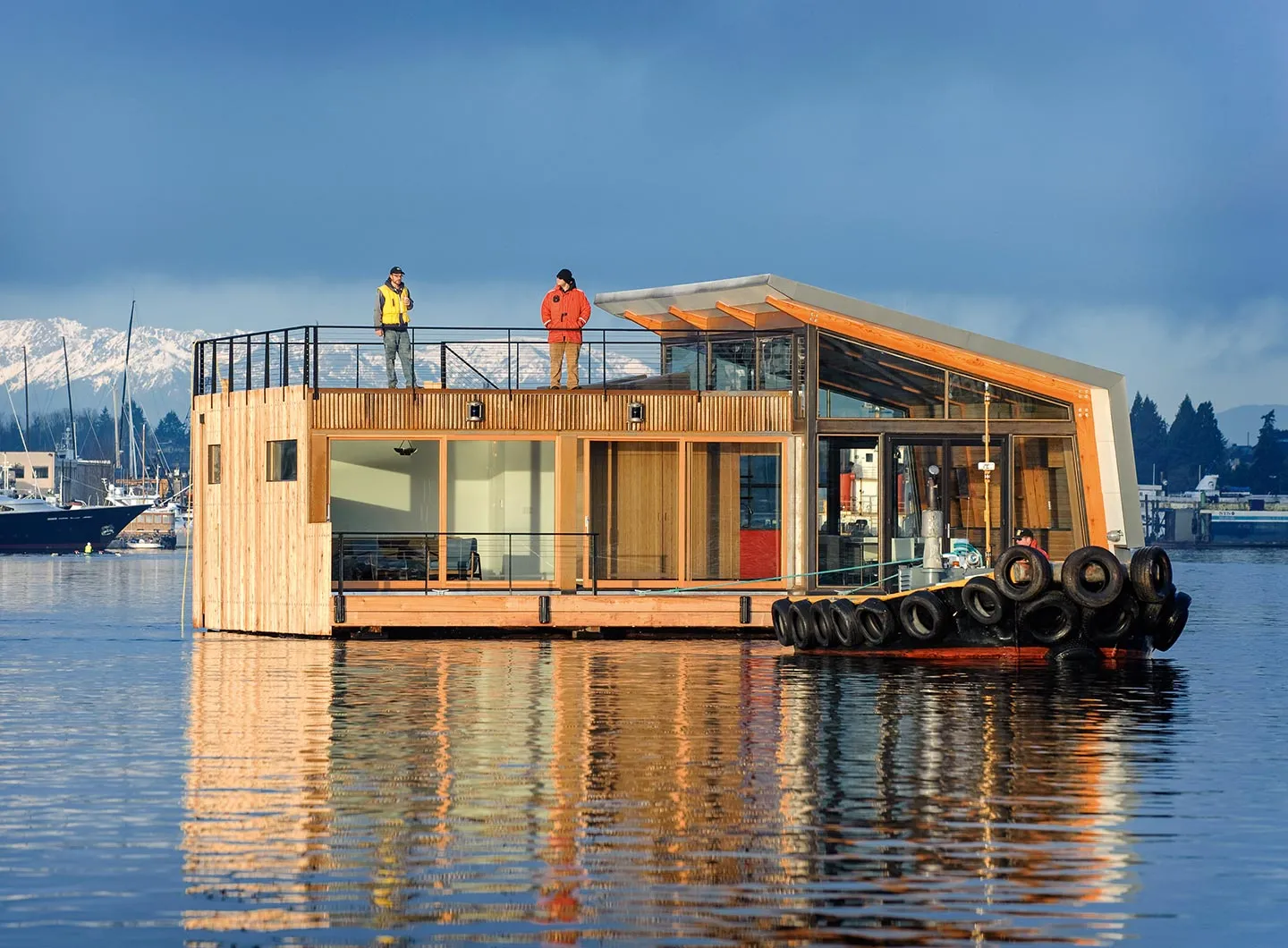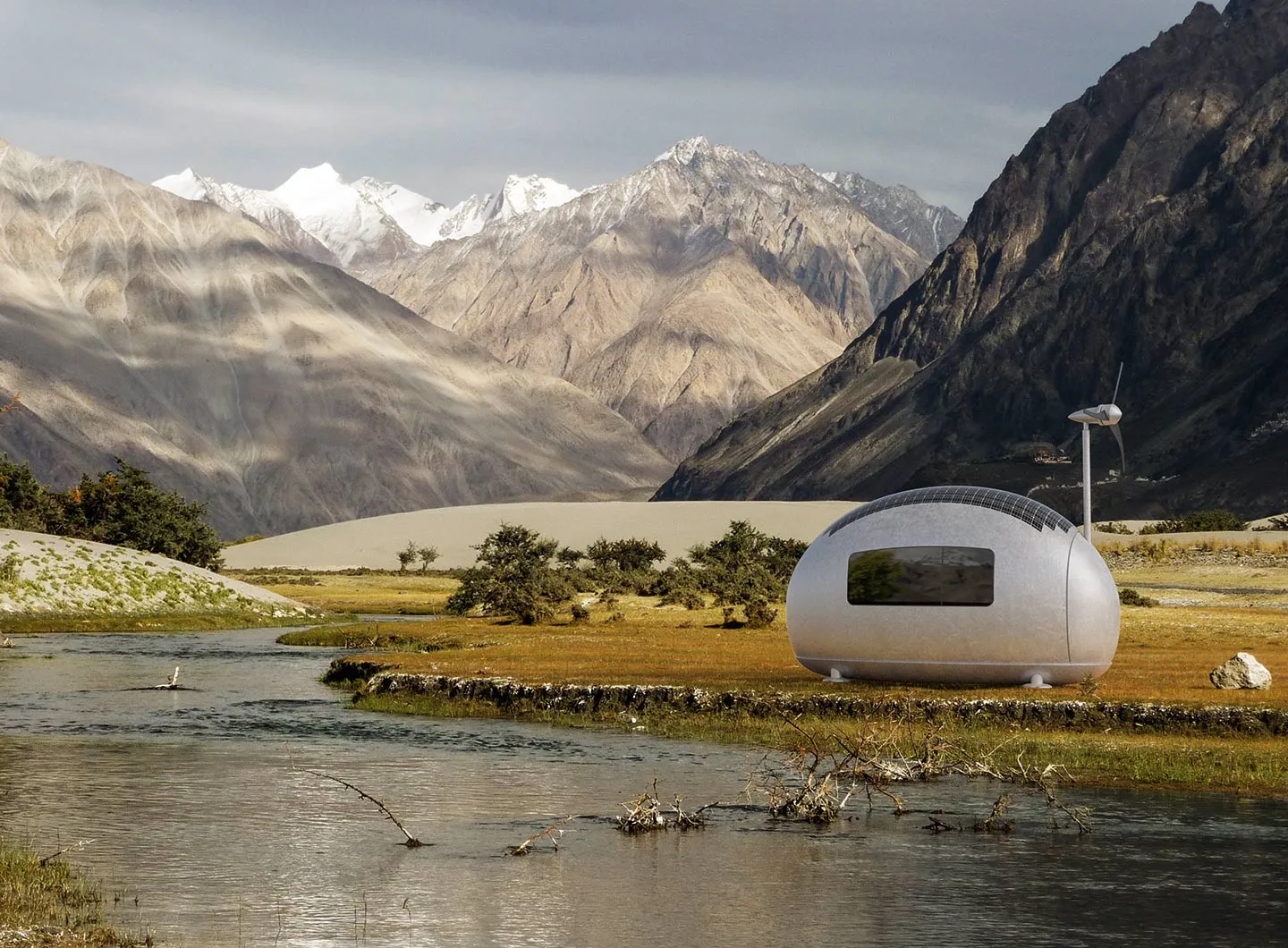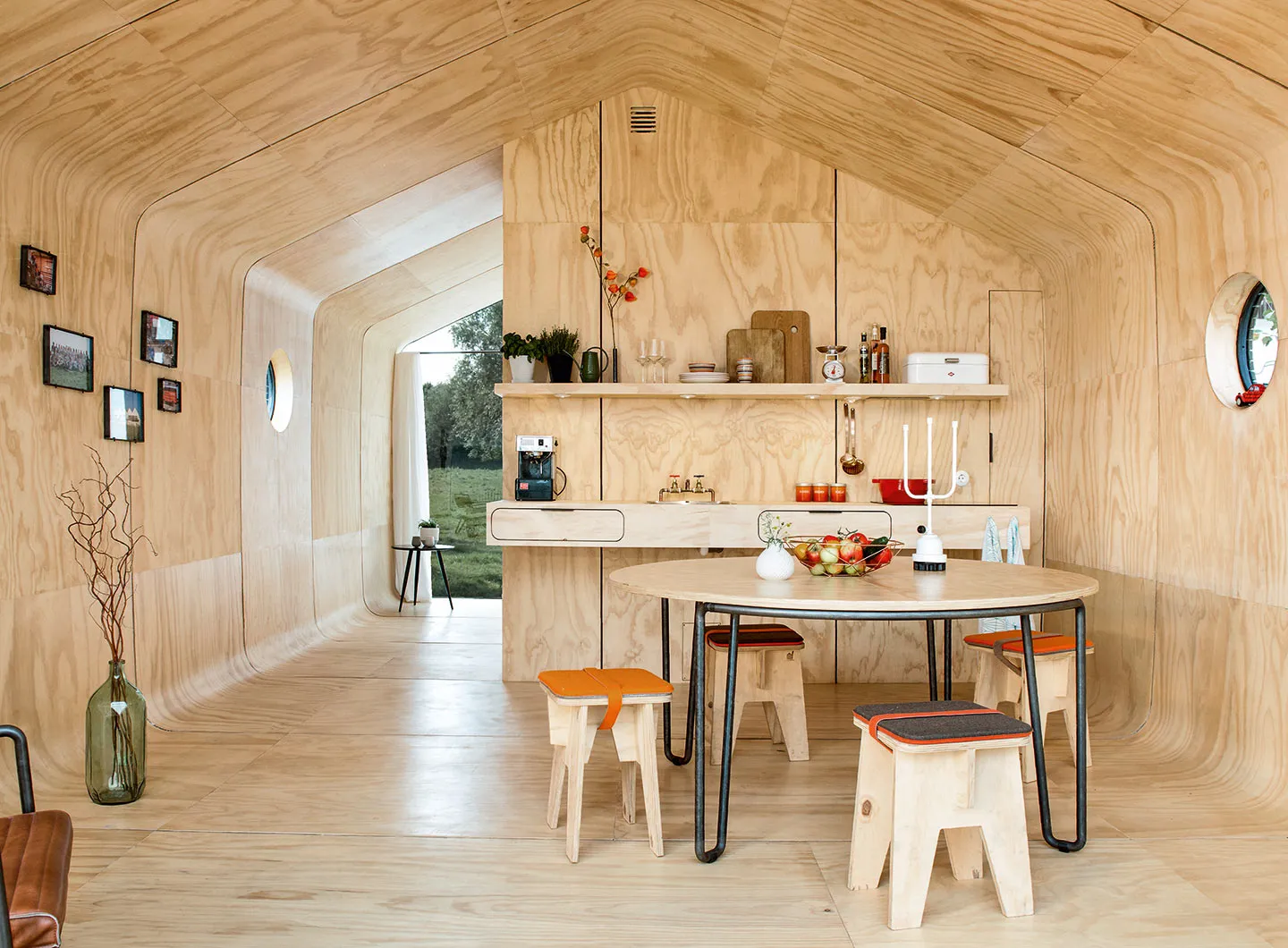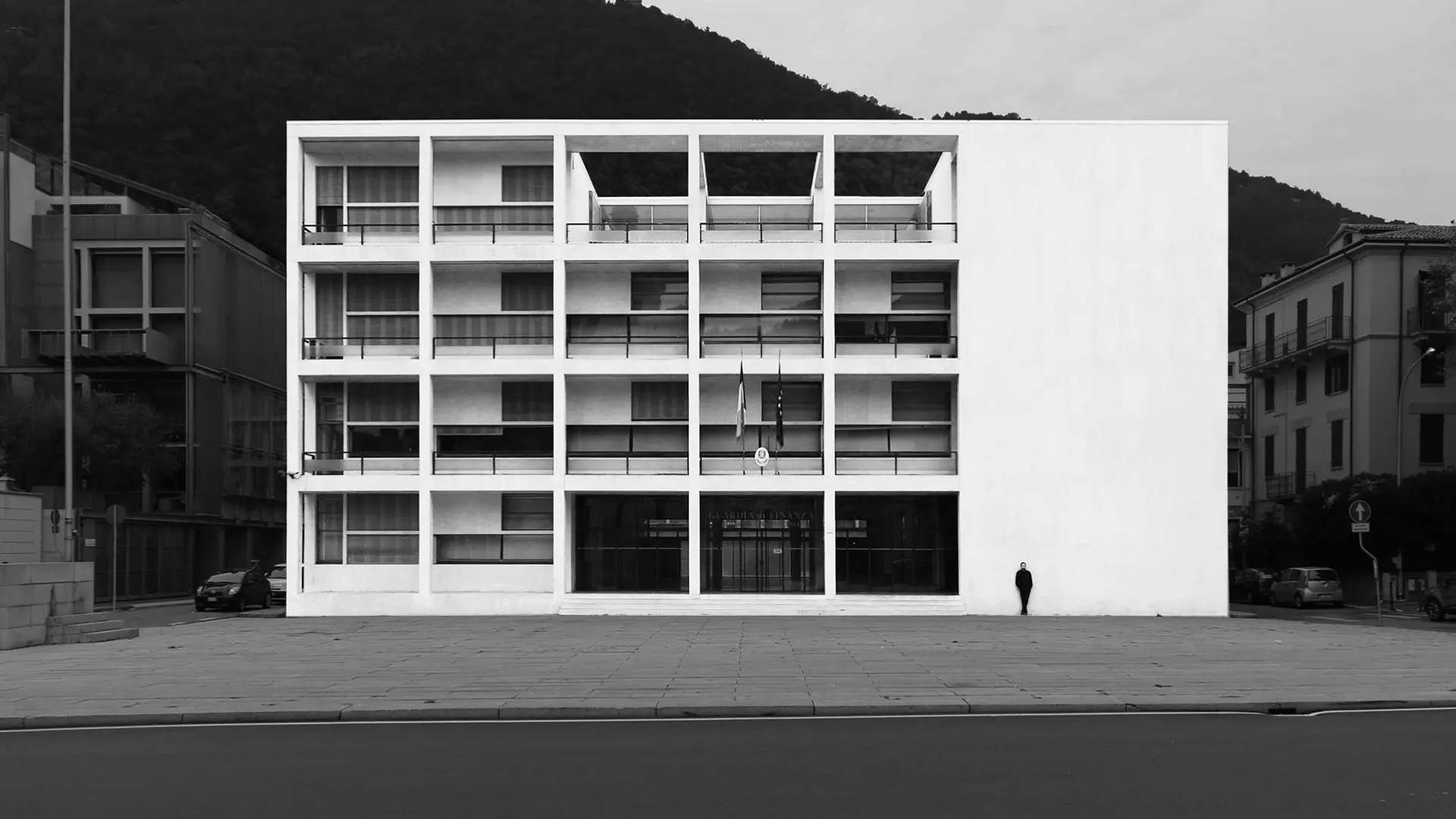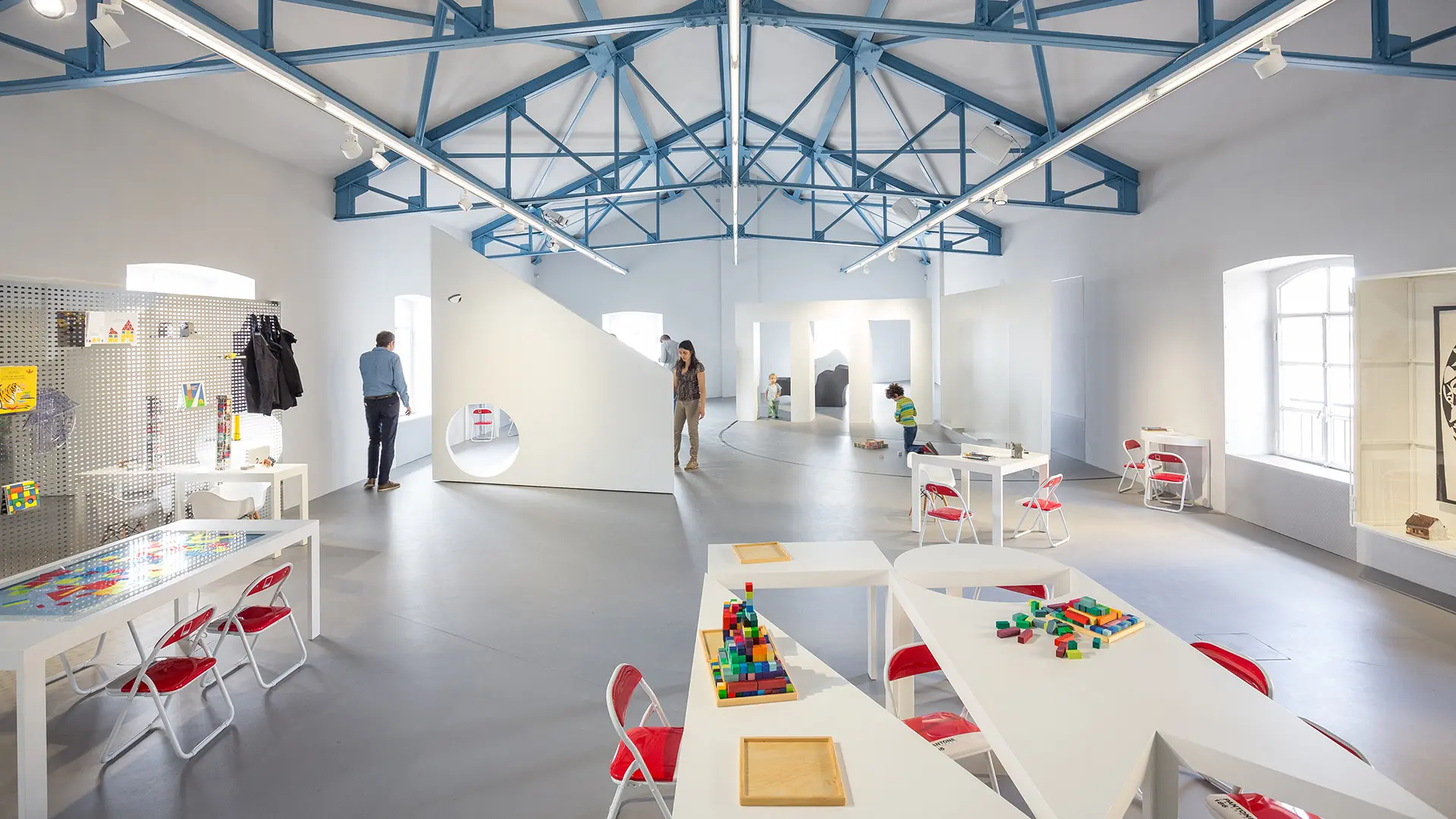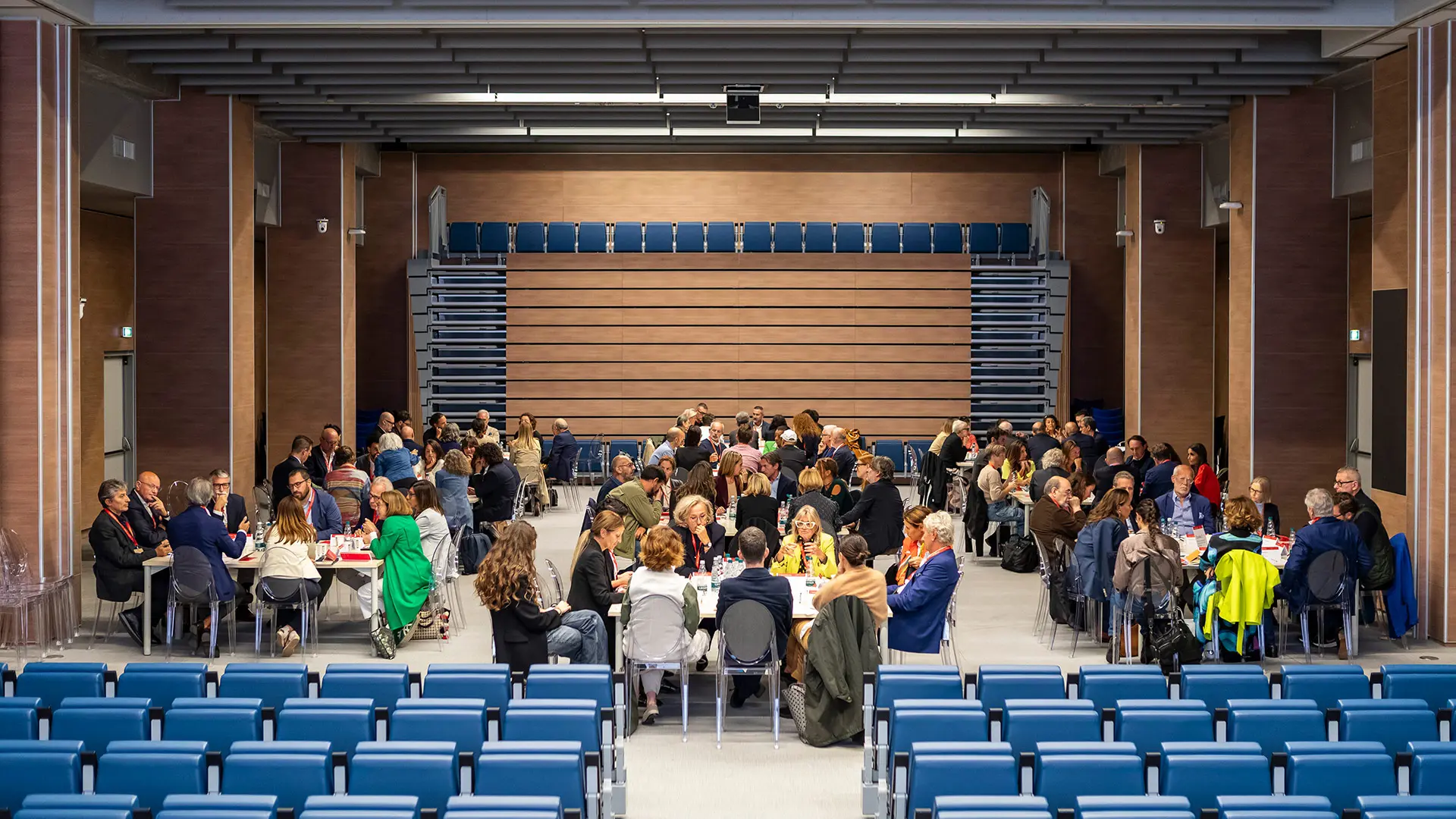Pure volumes, minimal or non-existent decoration, primacy of functionality, harnessing new materials: from the Casa del Fascio in Como to the railway station in Florence, the story of an experimental period that, after almost a century and several attempts at damnatio memoriae, remains a tangible presence in Italy.
Nomadic Homes. Architecture on the move

Autonomous Tent – Autonomous Tent, Treebones Resort, Big Sur, California, USA - Copyright: © Russ Gray / TASCHEN
We’re all nomads. Man has always tried to reconcile a desire to travel with the security of a family nest: now there’s finally a middle way with “itinerant homes.”
Man always seems to have lived eternally torn between the call of the unknown, and therefore of travel, and the primal need for a shelter. Now, more than ever, a cross-generational class of people who have absorbed the modern concept of lifestyle fluidity is emerging. There is a “tribe” of urban nomads for whom transitoriness and constant change are the norm in many different aspects of life: work, relationships, place of residence and, last but not least, home. Living spaces are gradually ceasing to be “permanent” and “owned” assets in favour of more flexible and temporary configurations that go with the flow of the needs, demands and life stages of people who feel just as at home in Milan as in New York, Shanghai, Tokyo, Brasilia or Cape Town, embracing a more driven mobility, both inside and outside the domestic walls. After all, the idea of migrating to new places is as old as the hills, and whilst once upon a time taking off was contingent on the changing seasons, moving around has now become a form of work and of relaxation.
This social trend is driving contemporary architects to design itinerant homes, often producing results that are as bold as they are absurd (such as the N55 Walking House which, literally, walks). These days, there are homes on the move – residential units that share the ability to move around the world, on land, sky and sea – of all shapes and sizes, for the rich and for the poor, for the young and the not-so young. Nomadic Homes. Architecture on the move, the book by Philip Jodidio, Editor in Chief for more than twenty years of the magazine Connaissance des Arts, contains a huge collection of variations on a theme. With an academic approach, huge iconographic documentation and a wealth of detail, Jodidio takes stock of and categorises his subject, putting together some of the most extraordinary examples of itinerant homes, split into five different sections: homes on wheels, on water, in tents, ambulant homes and homes for those in greater need.

Nomadic Homes. Architecture on the move
It makes for a truly mesmerising succession of projects: from the stunning new Airstream caravans, to amazing yachts (such as Philippe Starck’s Moro Yacht A), eco-sustainable campervans and tents, to the A319 and Boeing 737 private jets, real flying palaces for the privileged few. There is also no shortage of refugee homes for those forced into a life on the streets, such as the shelters designed by the architect and Pritzker Prize-winner Shigeru Ban. There are even nods to the future, such as the hypothetical homes on Mars.
Page after page, the book shows how the nomadic spirit of our hunter-gatherer ancestors still lives on in us, modern men and women. If on one hand architecture has evolved to give us a sense of security, bound up with a sedentary lifestyle, the modern age has brought with it a new awareness of the limited space and time that fuels our most primaeval urge to keep moving. As the Chinese philosopher Lao Tzu put it: “A good traveller has no fixed plans and is not intent on arriving.” In other words, it is the journey itself that counts, and this book is proof of that.


